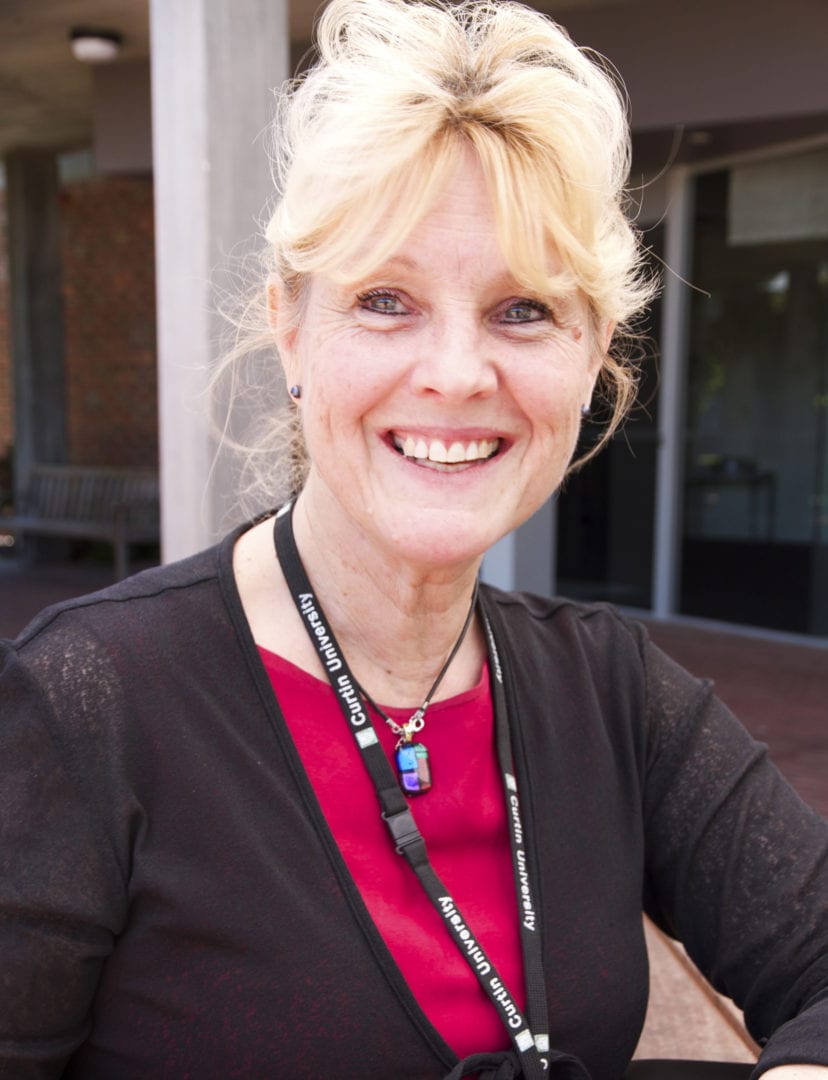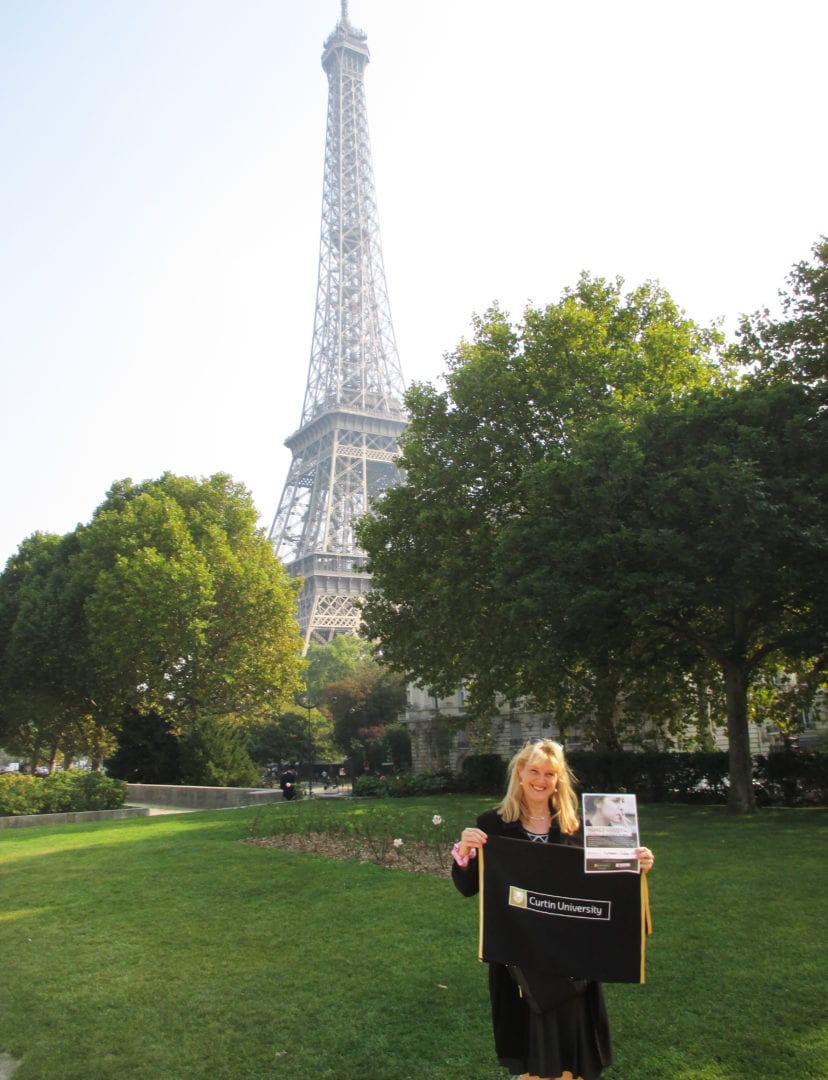Dr Oksana Burford is not your ordinary university lecturer. Apart from working at Curtin, she’s been an avid anti-smoking campaigner and has recently taken her research trial overseas to Paris, a city where smoking is socially acceptable. We talked to Oksana about her background, research and experience in Paris.
Can you tell me about your background?
I am Perth born and I was here on this campus as a fresh little 17-year-old in 1979. I got into the Western Australian Institute of Technology, as it was called then, and then dropped my studies because I wasn’t in the right course. We didn’t have things like mentoring programs and counseling, so in essence I was a dropout.
Then I did a technical course at TAFE, but always thought I could do more and then got married and had children. I thought I wanted to come back, so I came back as a 37-year-old woman, 20 years later. So I’ve gone from being a single parent, gaining a Bachelor’s degree in Pharmacy to being an academic with a postdoctoral qualification and I’m now doing international collaboration research. So I’m pretty happy about that, because it takes a lot of determination and hard work and of course, support from the family. You can achieve your goals, especially in a great country like Australia, if you want it.
Why did you get involved in the anti-smoking campaign?
I’m a parent myself and research has shown that smoking can lead to the next thing and it may go on and on. A strict pharmaceutical, lab-based research project didn’t hit a chord with me, and being a parent, I wanted to do something different. Therefore, my chosen PhD research entailed using a combination of photo ageing technology – APRIL® age progression software (to show young smokers what they’d look like as an older smoker and non-smoker) complemented with professional health-care counselling. It’s a blend of pharmacy and psychology.
I conducted the research here in Australia under the primary supervision of Professor Moyez Jiwa who has been my mentor and colleague in this research area. Together with his expertise and guidance in delivering interventions in primary care, I conducted the research as a pharmacist in community pharmacies in Perth. I spoke to young smokers who said some marketing campaigns (health pamphlets, graphic health images on cigarette packets) didn’t have much of an effect on them – they said that’s not them. They’re young, fit and healthy. With the photo aging and health care counselling project, I was now showing them their face – this is what mattered to them. I had personalised the health promotion message and that’s what hit them.
Do you feel like you had an impact on some of the people you were working with in Paris?
I feel very happy about conducting the small pilot trial “French PAINT” on the Paris university campus. My liaison in France was an academic, Professor Hector Falcoff from the Department of General Medicine, Paris Descartes University and he was instrumental in helping me set up the pilot trial on the university campus. Then I worked together with a GP (General Practitioner), Dr Souraya Kindarji. Together we conducted the research on the Paris campus – she was just as passionate about the smoking cessation message as I was and it proved to be an excellent collaboration. We aim to publish the paper next year. We delivered the photo aging intervention and complemented this with professional health care counselling. At least 50 people that we spoke to and recruited for the trial went away with something. We made a tiny bit of an impact on them and in years to come they might think again about it. Maybe we touched a few of their hearts … or their lungs maybe.
I remember one young student on the Paris university campus who was coughing and coughing when he was walking through the area where I had my table set up for the trial. I spoke to him. It turned out he was only 18 years of age and had been smoking already for 4 years. I said to him: “I’m 50 and I’m breathing and doing everything far better than you are at 18”. He participated in the research. Hopefully, I will have made him think about it.
What’s next?
I would like to return to Paris and once again work with Dr Kindarji and Professor Falcoff in setting up a randomised, controlled trial (a bigger sample size) with an economic analysis. We successfully conducted a small pilot trial and found recruitment was easy because there were a lot of smokers and they weren’t shy to say it. I am going to apply for some funding, an Early Career Research Grant. I hope I am successful because I would like to continue.





